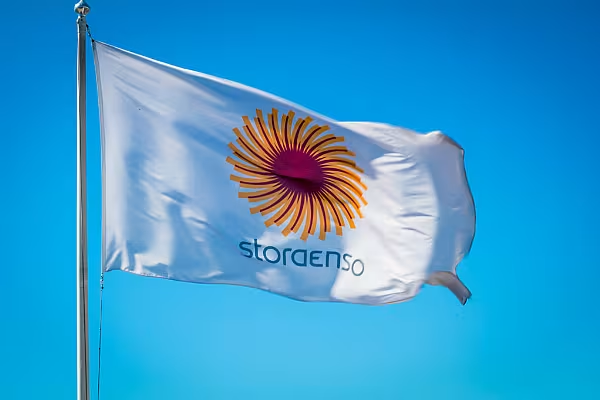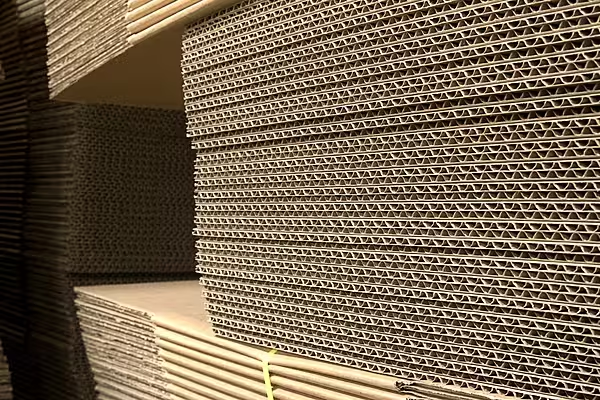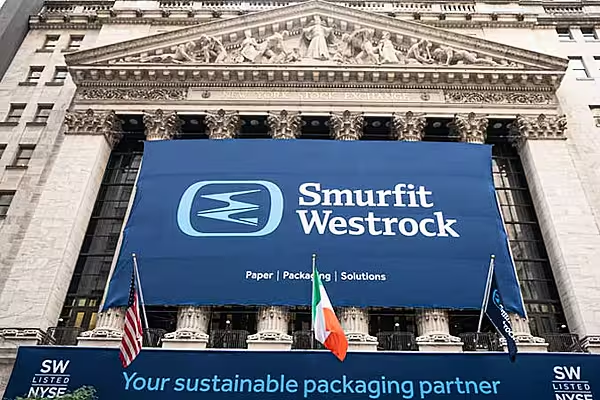Finland's Stora Enso reported a 46% drop in first-quarter profit as business closures to tackle the coronavirus pandemic hit demand for office paper and struggling publishers stopped producing free daily newspapers.
Joining the rush of European companies making cut-backs, the pulp, paper and packaging-board maker increased its savings target for the end of 2021 by €75 million ($81 million) and said it would pay most of its dividend only when it could better estimate the impact of the virus outbreak on its business.
"The first quarter of the year has been marked by challenging harvesting conditions, strikes in Finland and the start of the COVID-19 pandemic," said chief executive Annica Bresky .
Quarterly Performance
Stora Enso, Europe's second-largest paper producer, said its adjusted operating profit in the three months to 31 March fell to €180 million from 335 million a year earlier, though still beating the average forecast of €137.6 million in a Refinitiv poll of analysts.
The company had guided to a first-quarter adjusted operating profit of €90 million to €200 million euros.
Bresky said lower prices and volumes had hit sales and operating profit, compared with record levels in the first quarter of last year.
Sales at its paper unit - which accounted for 27% of group revenues in the quarter - dropped 22% from a year ago, as a decline in demand in Europe accelerated.
To battle the macroeconomic challenges, the company increased its savings target to €350 million by the end of 2021 from €275 million previously. It said it had reached €40 million of savings in the first quarter.
'Potential Demand Decrease'
"With regards to managing a potential demand decrease, we have started preparations for potential temporary layoffs or shorter working time if and when needed," Bresky said.
Stora Enso said it would pay a dividend of €0.15 per share and the remaining €0.35 per share of a payout announced in January would be distributed with board approval when the impact of the pandemic became clearer.
The company also said it would drop its practice of issuing financial guidance due to the uncertain global economy.
"The big picture, which seems very blurry, is not a signal of confidence, although the company's defense game in Q1 was reasonable in the current circumstances," Inderes analyst Antti Viljakainen said in a research note.














